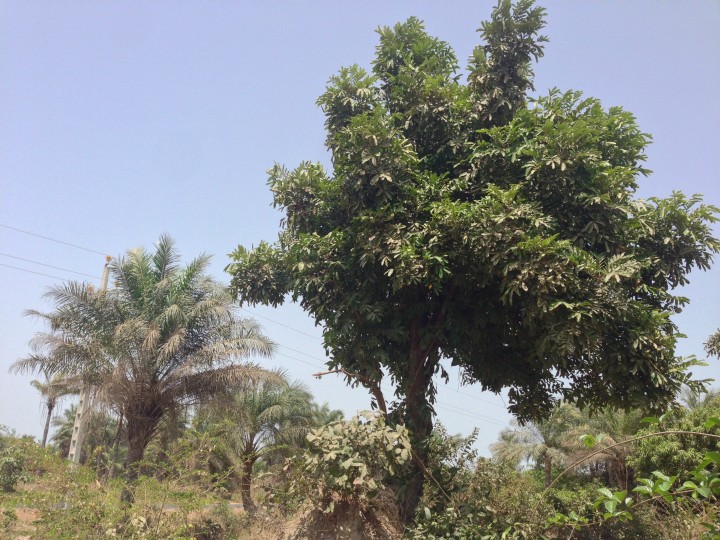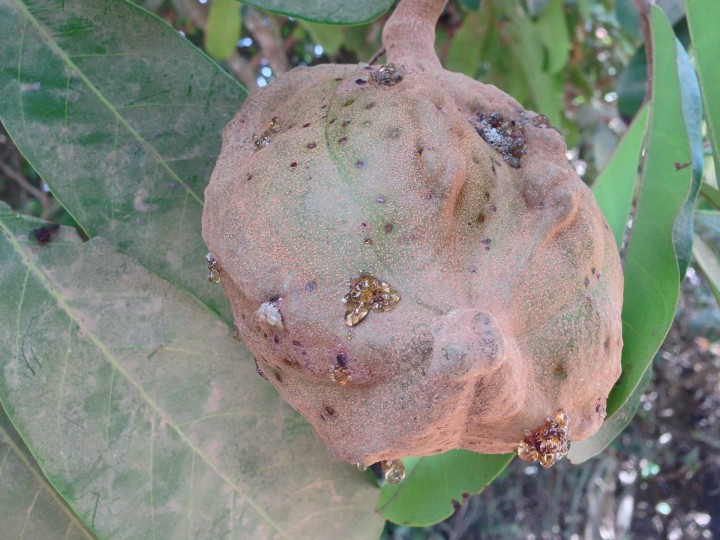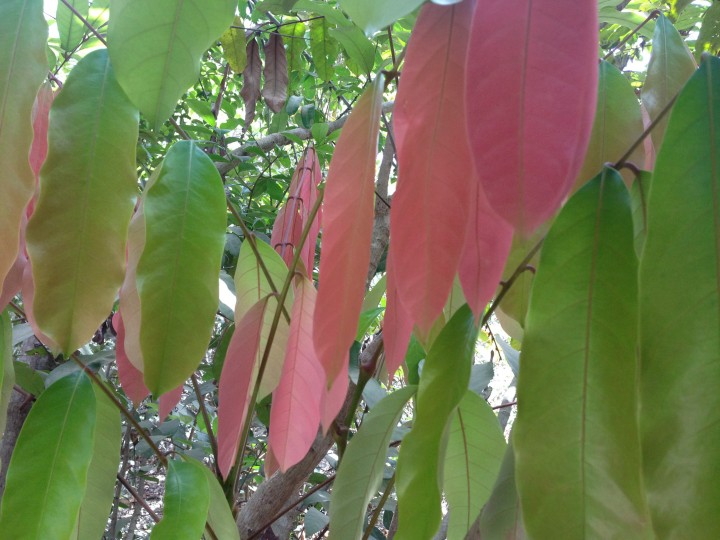Touloucouna - Carapa procera
Veröffentlicht am 15.03.2018 von Team Ecofund - Ansicht die KommentareDescription
The Touloucouna, also known by its scientific name, Carapa procera, is a species of the Meliaceae family and of the Carapa genus. Its name in Diola is Noutognaye. Its natural habitat is Western Africa but it can be also found in northern Brazil. The tree can reach 35m in height. It can live together with other species and sometimes supports lianas (long-stemmed, woody vines). The fruit of the carapa is brown and the size of a small melon. They open when ripe, showing small, pyramid-shaped nuts. These nuts can only be sown if shelled. Therefore, to propagate without the help of man, the carapa needs an intermediary: the nut has to be swallowed and digested by an animal (like a rodent), then defecated. The carapa often suffers from physiological problems, for instance water stress, changes in climate etc.
Uses
The carapa is an outstanding medicinal plant. Touloucouna (in Wolof) oil, extracted from the seeds, is a massage oil used to cure muscle ache, stomach ache and several skin diseases. The leaves are rich with minerals: they make a fortifying herbal tea, commonly drunk by women after giving birth. The brew from the bark is sour and curative: it cures chest pain, muscular pain, kidney diseases and hernias, in their early stages. The wood is resistant to termites and is used in cabinet making.
Did you know…
Because of its medicinal virtues and its complex propagation process,
the carapa is less and less present in local forests. For this reason, this
species is included amongst those chosen by the Ecoparc to be part of its
reforestation scheme.




